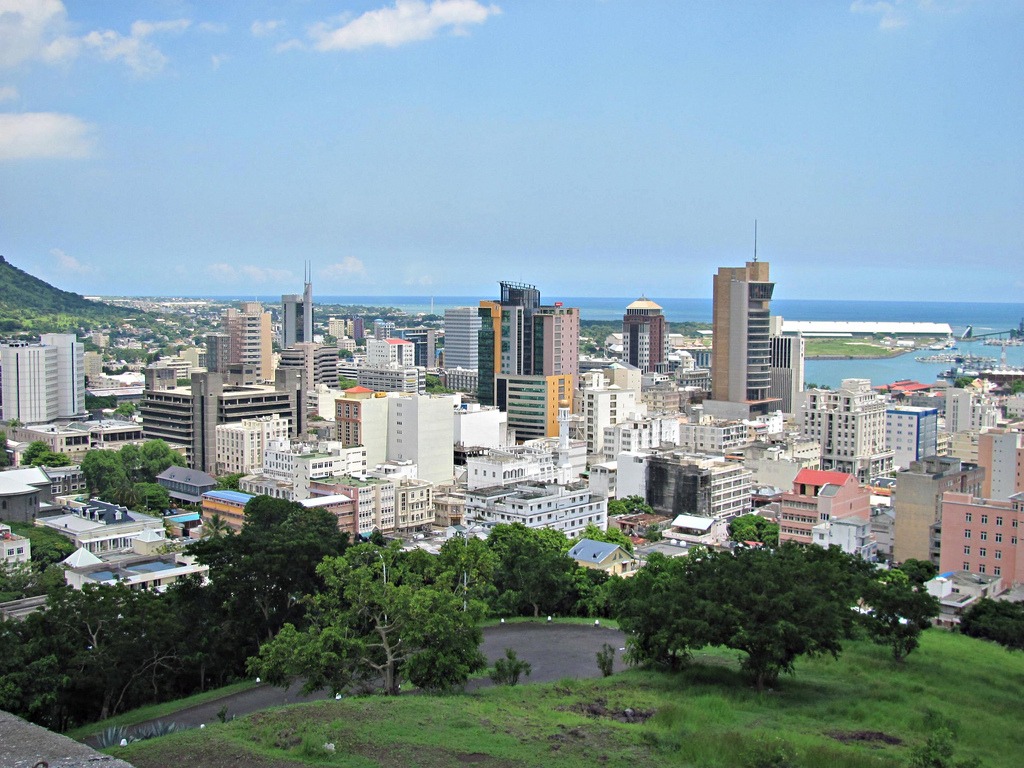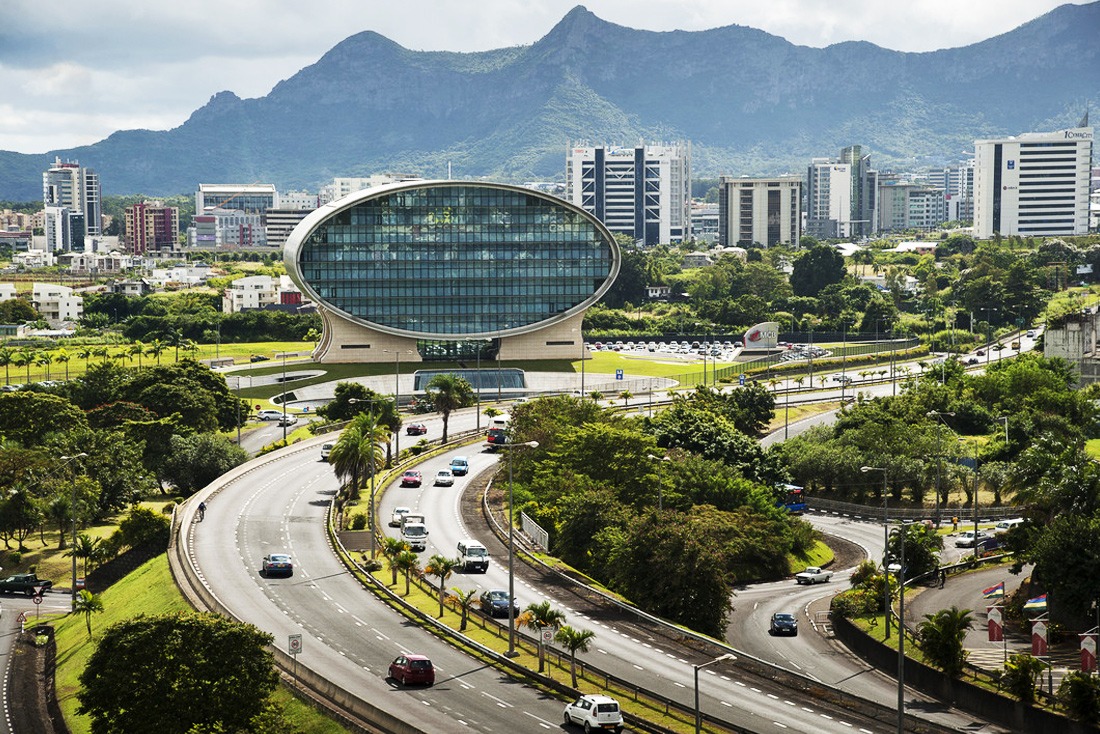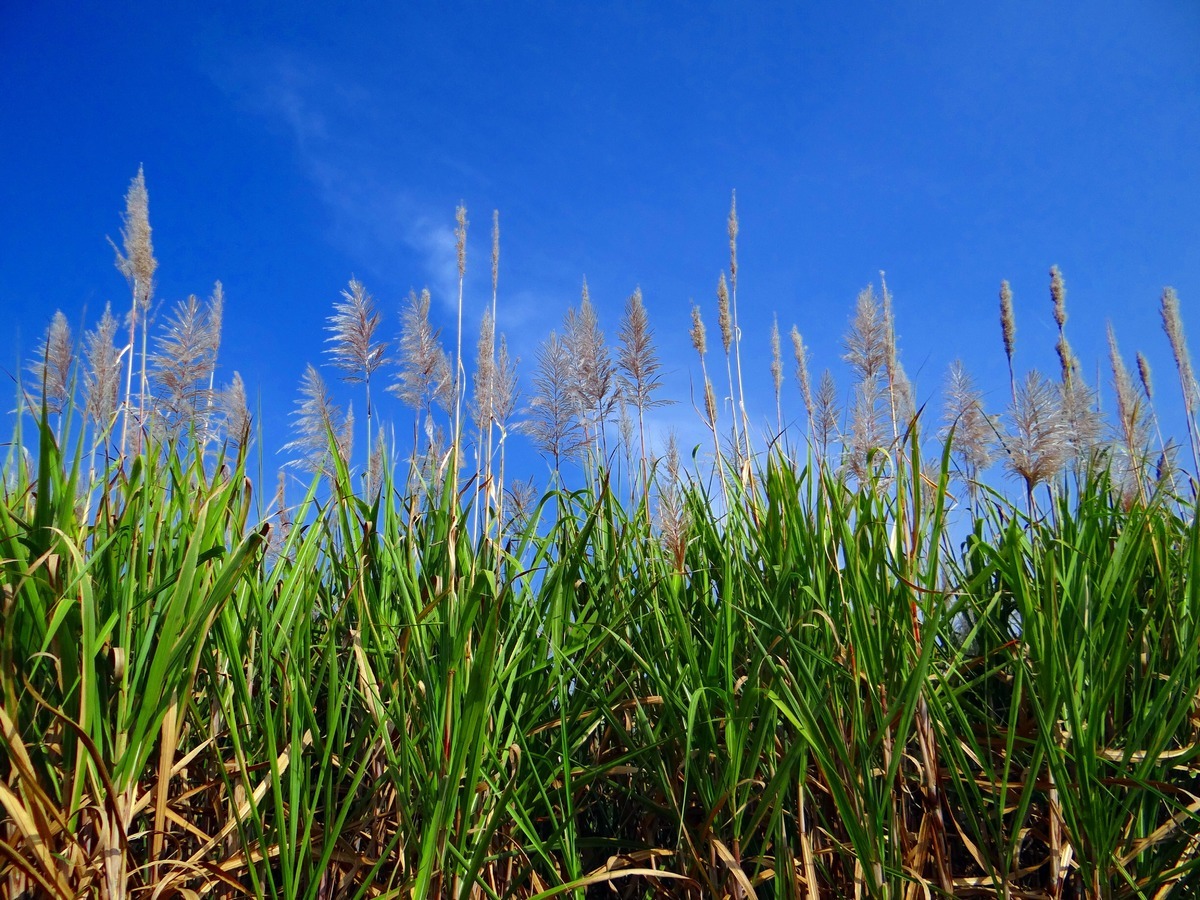Economy in Mauritius

Located off the south-east coast of Africa, neighbor of the French island of Reunion, Mauritius is an island state of 1.3 million inhabitants. It has a huge maritime territory of more than 1 million square kilometers. The political and economic situation has been stable since its independence in 1968.
Mauritius has known a remarkable economic transformation from a low income based on agriculture to a diversified economy with an upper middle income, with an increase of the economy of the industrial, financial and tourism sectors. Mauritius has reached a steady growth over the past few decades, which has given rise to a more equitable distribution of income, the increase in life expectancy, a decline in infant mortality and an improvement of the infrastructure.

The economy currently depends on sugar, tourism, textiles and financial services, but is developing in fish trade, communication, hospitality and real estate development. Sugarcane is grown on approximately 70 % of the land and represents 15 % of export revenues. Mauritius has attracted more than 32 000 offshore entities, many aimed at commerce in India, South Africa, and China. Investment in the banking sector, let alone, has reached more than 1 billion dollars.

At the end of the 90s, the textile industry has faced competition from new low-cost producers as well as the erosion of preferential tariff agreements. The Government has undertaken a program of privatization, liberalization of financial markets and the development of offshore activities, with the aim to turn the island into an international financial center. In 2005, trading and financial services have contributed 20% of GDP.
With relatively high levels of foreign investment, the economy has grown well during the 2000s, and the impact of the global economic recession and the fall of the world demand during 2008-09 has been relatively low. So, after a period of strong growth in the middle of the 2000s, the economy has continued to grow by at least 3 % per year from 2009 to 2015.
